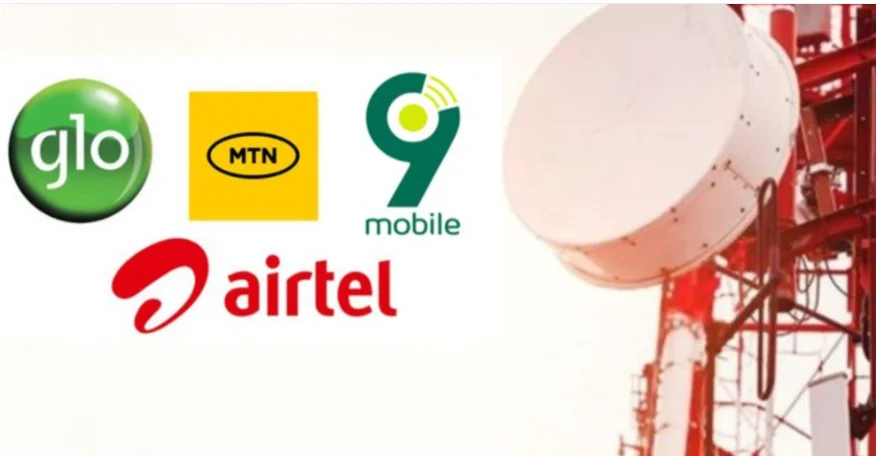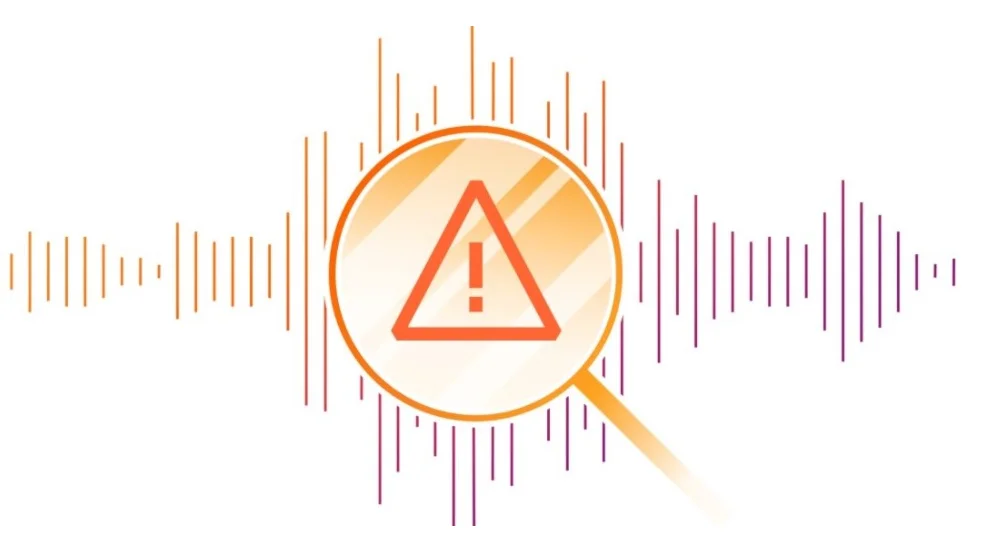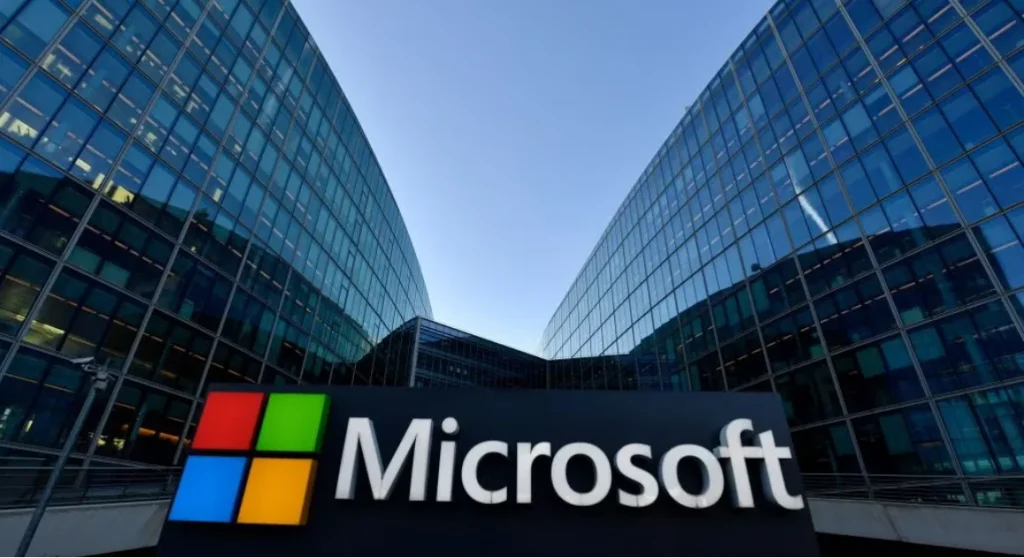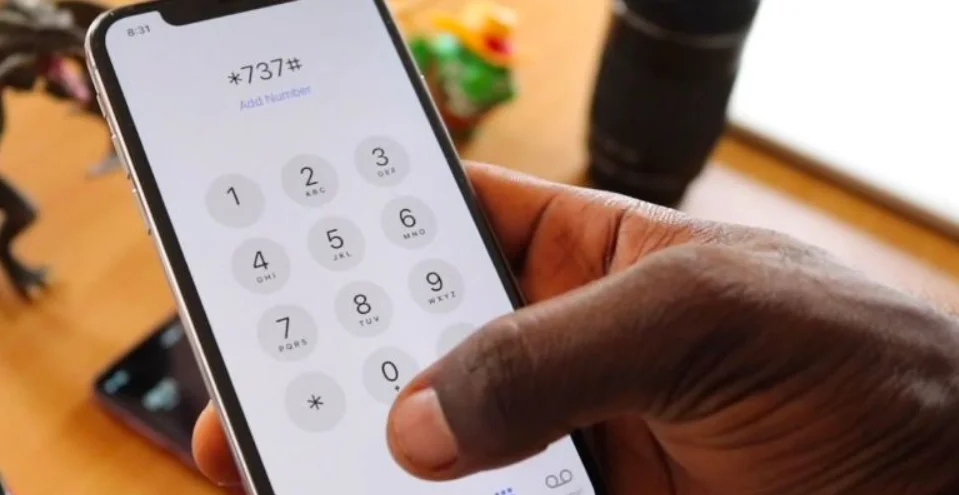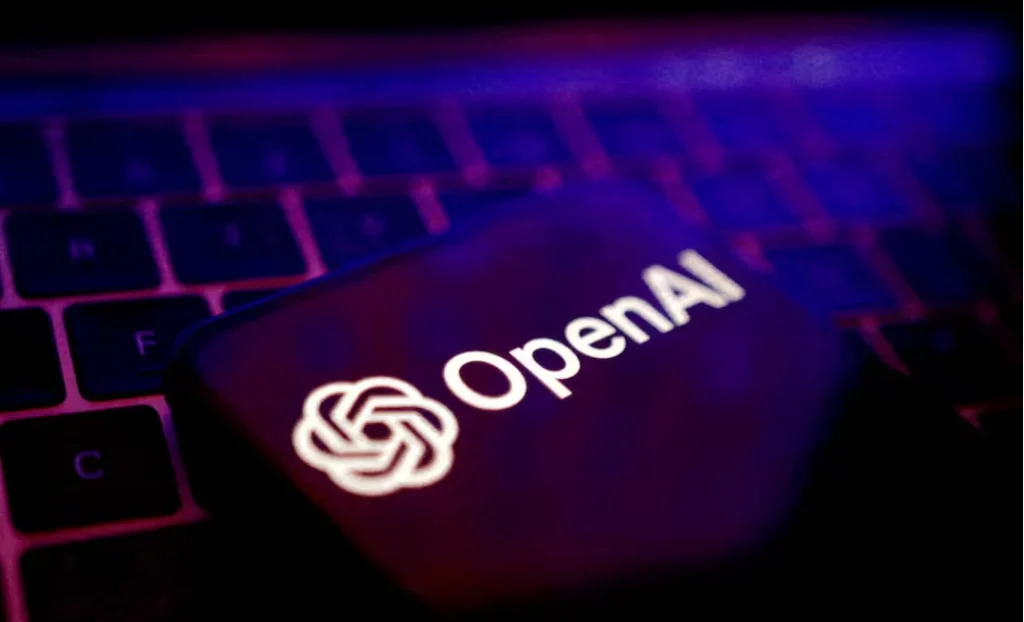FG Launches Nigerian Data Exchange Platform (NGDX)
The Federal Government of Nigeria, through the National Information Technology Development Agency (NITDA), has unveiled the Nigerian Data Exchange Platform (NGDX) to end the long-standing issue of repeated data submissions by citizens.
For years, Nigerians have been required to provide the same personal information and biometrics across multiple government agencies—ranging from NIN registration, BVN, SIM card registration, driver’s licence, to international passport applications.
Speaking at a stakeholders’ workshop in Abuja, NITDA’s Director General, Kashifu Inuwa, said the NGDX will serve as a unified and secure data exchange system for government institutions.
“This means citizens will no longer need to repeatedly hand over the same personal data each time they interact with a government agency. Authorised MDAs will be able to seamlessly verify and share records on the back end,” – Kashifu Inuwa.
A Win for Citizens and Businesses
The NGDX reform is expected to save Nigerians time, money, and stress while reducing inefficiencies within the public sector.
Benefits for Citizens:
- No more repeated biometrics or endless queues
- Faster, easier access to government services
- Secure and seamless verification
Benefits for Businesses:
- Fintechs and service providers will enjoy faster KYC processes
- Easier access to government-backed identity verification
- Greater efficiency in service delivery
Inuwa explained that beyond convenience, the NGDX will also open innovation opportunities by enabling startups and enterprises to leverage anonymised public data in key sectors such as:
- Healthcare – improved patient records and service delivery
- Agriculture – smarter solutions for productivity
- Fintech – stronger identity verification and customer trust
- EdTech – better student and teacher data systems
He described the NGDX as “essential digital infrastructure”, comparing it to the nationwide fibre optic rollout, and stressed its role as a critical enabler of Nigeria’s digital economy.
Backed by the European Union
The NGDX initiative is supported by the European Union (EU) in Nigeria under its Global Gateway project.
In a statement, the EU described the NGDX as a bold step to strengthen Nigeria’s Digital Public Infrastructure. Several EU partners—including Finland, Estonia, Germany, and France—participated in the Abuja workshop on data exchange.
What You Should Know
- The NGDX will allow secure back-end data verification across government agencies.
- It will reduce duplication of citizen data submissions, cutting costs and saving time.
- By providing anonymised datasets, it will drive innovation across industries.
- If fully implemented, it could transform how Nigerians interact with government services, shifting from repeated manual submissions to a seamless digital experience.
Final Thoughts
The launch of the Nigerian Data Exchange Platform (NGDX) represents a turning point for Nigeria’s digital governance. By eliminating repeated data submissions, empowering businesses with reliable verification systems, and enabling innovation through data access, the NGDX is set to transform service delivery and strengthen Nigeria’s digital economy.
Backed by the EU and global partners, this initiative could finally move Nigeria away from paper-based inefficiencies toward a seamless, secure, and citizen-friendly digital experience.



